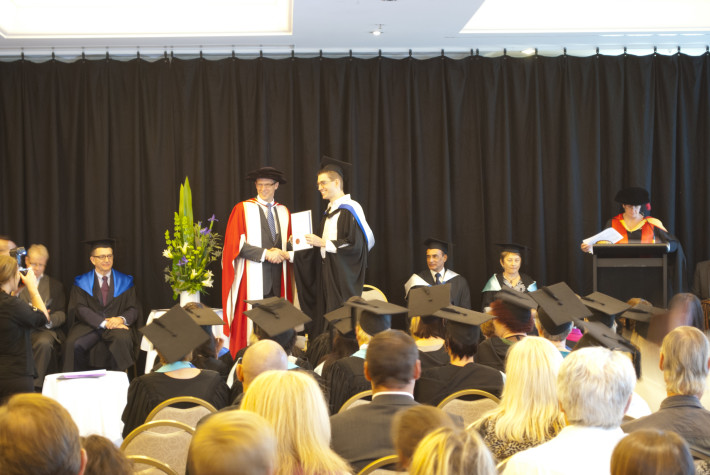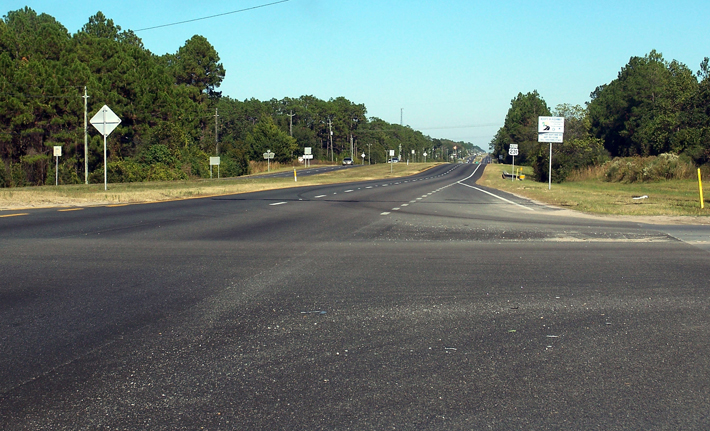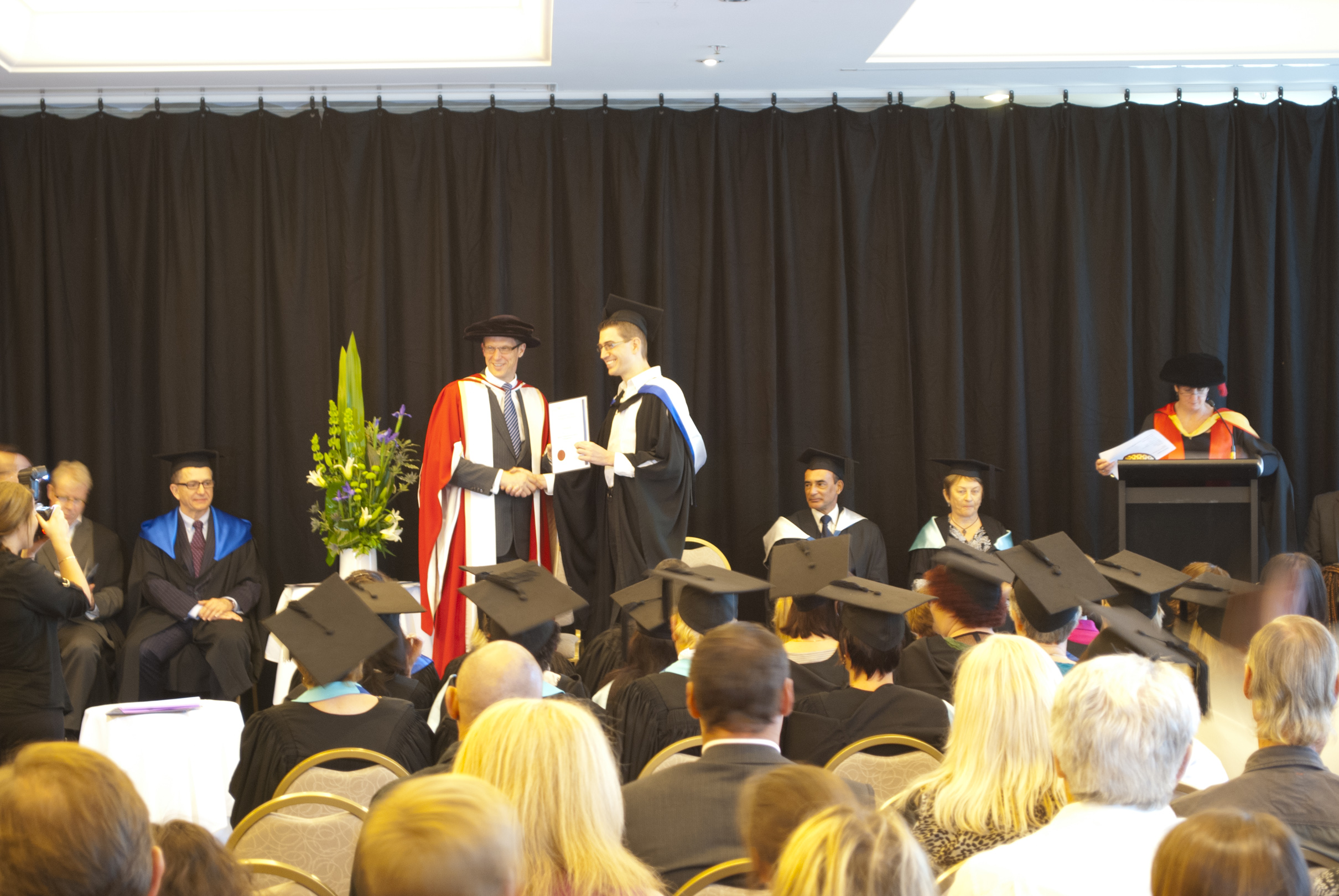What I learned by completing a Master’s degree

I attended my graduation ceremony last week to conclude a six-year journey towards a Masters of Applied Social Science (Management). I have since been asked questions like ‘How does it feel? Do you have closure? Are you finished? What’s next?‘. I found myself without a response, surprising perhaps for one who just received a degree in understanding how people think and behave.
An answer may be found in understanding why I received my degree in the first place.
Why a degree?
I grew up in an American family of generational entrepreneurs and business owners who did not pursue post-graduate certification. It was engrained into me from an early age that anyone could achieve anything, and a degree was not only unnecessary but potentially irrelevant when compared to the school of blood, sweat, and tears. I held the rhetoric that those who obtained a Master’s degree were perhaps as much masters of being a student as they were in the subject matter they studied.
Shortly after the turn of the century, I experienced my family’s business close its doors as a result off-shore competition, commercial impacts from the September 11 terrorist attacks, the telecommunications bust, and other pressures inherent to a US-based electronics manufacturing business. My subsequent career journey took me to Australia into manufacturing and IT industries, environmental programs in the public sector, and participation in various not-for-profit community groups.
I began to see common challenges in each situation. I thought that if I could find a common denominator, perhaps I could also find a magic model and solution to make things better. Surely decades of academic effort had resulted in a clear definition of the problem and a single sure-fire solution. Each situation I experienced, however, varied by industry, region, and client. For a time I self-consciously considered that the common denominator was me, except I would hear and read about similar experiences in organisations in which I was not involved.
The path to a Masters
Armed with a resolve to “make it better”, I set aside my judgment of academic pursuits and started down a path of post-graduate studies to find this magic model. I originally pursued an MBA, as those three letters were held up like chicken soup for the common organisational cold.
Even as I started my studies, I became aware of an ongoing debate on the value of an MBA. There are those who ask if an MBA is still necessary, why MBA programs don’t produce leaders, and question if you need an MBA to start a business. There are those who tell entrepreneurs not to get an MBA and rebuttals by others telling entrepreneurs to get an MBA. Some say to be a leader, you don’t need an MBA and others note that Australian CEOs don’t have MBAs, while lists of CEOs show top leaders are more likely to hold MBAs.
These discussions were top of mind during my first few units. I felt my mind expand as I learned what I was sure everyone else must already know. I also began to see my sought-after common denominator emerge from my studies.
In all the journal articles, case studies, and management books I read, I noticed that every success and failure involved people. Furthermore, the outcomes almost always related to the character, traits, and behavior of the people who were in positions of leadership. I began to form an idealized notion that if you helped people realise their full potential while pursuing organisational goals and had leaders with character, skills and integrity, then profit would take care of itself.
I shifted my studies to a more people-focused degree. The Masters of Applied Social Science (Management) through the Australian College of Applied Psychology (ACAP) appeared to offer the right mix of management rigor and psychological underpinnings. Once I completed this degree one slow unit at a time, I was sure I would have ALL the answers.
I share the sentiment expressed by many who study in that I now feel I know less than when I started. There are those who, when exposed to knowledge, judge the world through the lens of that knowledge. Then there are those who are humbled by the awareness that the knowledge only highlights how much they do not know. This is expressed in Hunter Walk’s advice to get an MBA but don’t be an MBA.
I will admit to being in the judgment camp for a time during my studies. I would create a sledgehammer out of research papers and wield it at what I felt were violations of basic fundamentals of life. The end result is that others get bruised, you get exhausted, and nothing really changes. An alternative is to accept that everyone is doing the best they can with what they have, to use knowledge for your own accountability, and affect change first in yourself and then through relationship.
The response

Back to the questions at hand, the metaphor below came to me as I discussed my graduation with a colleague in the studio kitchen:
Imagine you have a question you want to answer. Asking around and doing some research leads you to think your answer can be discovered somewhere within the next sixty kilometers of road. It is a long way to walk, but the answer is compelling enough to get you moving.
You walk out the door and slowly put one foot in front of the other, learning with each step. Each signpost, rock, tree, and building along the way is a new discovery that completely re-frames your perspective. There are times when the journey is rewarding, exciting, difficult, challenging and boring, but you are always learning.
At some point, you don’t recall when, the journey itself becomes the destination. The path you are on makes you forget the reason why you started your journey in the first place. You look around wondering how you got to where you are. After walking for sixty kilometers, someone comes up to you and asks ‘How does it feel? Do you have closure? Are you finished? What’s next?’.
You then realise you got to the end and did not find your answer. You are a different person for the journey and are grateful for the opportunity. Answers were found through the journey rather than in the journey and they are not the answers for which you were initially looking.
You then realise that what waits for you at the end of the journey is more road. You are fortunate in that you would not be here if not for your journey. You are at an intersection and you now have multiple options for your next steps. All you know is that staying still is not one of those options.
So there you have it. Thank you for your questions and interest. Your support through the journey has been invaluable. I offer in response to your questions:
- How does it feel?
It feels both rewarding and humbling, fulfilling and empty. I will respond with one or the other depending on the time of day the question is asked. - Do you have closure?
There is no closure as learning never ends. The fact that you read this blog indicates you agree with this statement. - Are you finished?
I will be finished when I stop breathing. That day is closer now than when you started reading this post. - What’s next?
I will share what is next when I discover down which road my passions, interests, and experiences lead me. During my graduation I saw some people with floppy hats you apparently get when you have a PhD. I like the hats.
I would love to hear your insights below if you are considering such a journey, if you are on the journey, or if you have completed a similar journey of your own.
Intersection Image: By Ebyabe (Own work) [CC-BY-SA-3.0 (http://creativecommons.org/licenses/by-sa/3.0)], via Wikimedia Commons


well done Mr. high distinction average, well done.
I am due to complete my final assessment on 16th February 2015 and I am currently ploughing through my two last subjects to make this happen. I’ve been doing my Masters in Learning and Development for 3 1/4 years.
Thank you for sharing your story. I can really identify with the journey becoming the emphasis and having long ago forgotten about the “destination”.
It’ll be nice to have my weekends back.
Thanks for the comment, Carly. Best of luck (and hard work) with your final! 🙂